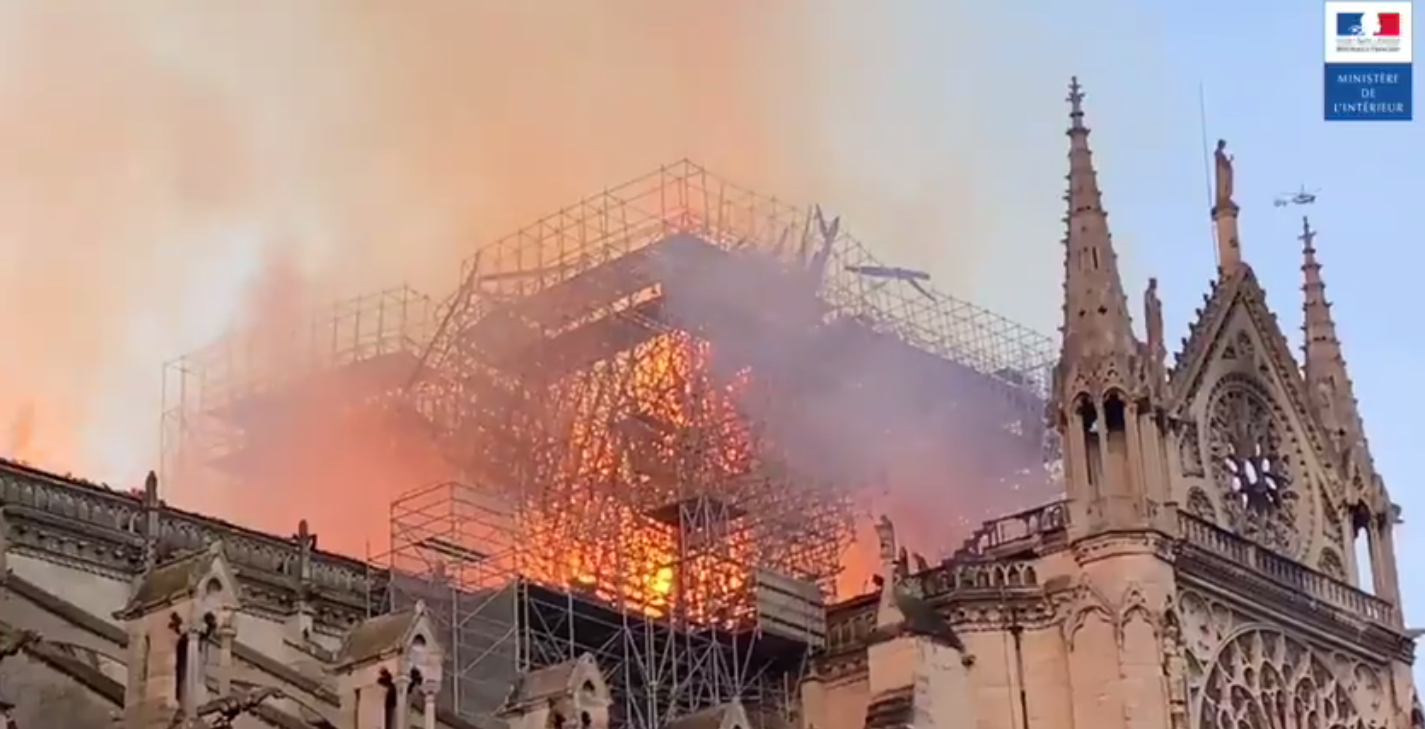Javier Solana, EU chief diplomat, short biography
(BRUSSELS2) Born on July 14, 1942, the High Representative for the EU's Common Foreign and Security Policy, Javier Solana de Madariaga, comes from a well-known Spanish family. The political, diplomatic and European alchemy, he somehow bathed in it as a child. His great-uncle Salvador de Madariaga was the head of the disarmament section of the League of Nations, and was then ambassador to France and the United States. Opposing the Franco regime, he took the path of exile to London in 1936. In 1947 he participated in the Oxford manifesto on liberalism and was one of the founders of the College of Europe in Bruges. Javier Solana's older brother is also opposed to the Franco regime and will be imprisoned for his political activities.
Socialist from the start. At the age of 22, in 1964, Javier also secretly joined the Spanish Socialist Party, which was then illegal. Like his father, a chemist, he followed the scientific path with a degree in physicist and studies in Spain, the United Kingdom and the United States. But he remains committed: across the Atlantic, he is notably president of the association of foreign students and participates in protests against the war in Vietnam. In 1976, he was appointed federal secretary of the new socialist party. He sat as MP for Madrid from 1977 to December 1995.
Close to Felipe Gonzalez, Javier Solana naturally joined his cabinet after the historic victory of the PSOE in 1982. He remained there for nearly 13 years, a record longevity. Minister of Culture, then Minister of Education in 1988, he became Minister of Foreign Affairs in 1992. In 1995, Spain chaired the European Union. And Solana bears on the baptismal font the Barcelona process, the objective of which is to better secure and associate the Mediterranean States with Europe. In December 1995, he was appointed Secretary General of NATO, replacing the Belgian Willy Claes. Logical evolution for the man as for the party of which he remains a member. From being opponents of NATO, both have become strong supporters of a “reasonable” Atlanticism.
At the head of NATO, Solana must first implement the "Dayton" peace plan in Bosnia-Herzegovina with the deployment of a force (IFOR) of 60 men in the former Yugoslav republic torn apart by several years of war. Mission then transformed into a stabilization mission (SFOR) keeping more than 000 men on the ground. Under his leadership, NATO refined its strategy, integrated its members – France, partially, Spain, totally, joined the military structure – negotiated agreements, particularly with the former Russian enemy – this was the birth of the Council NATO-Russia. In 30, NATO intervened again militarily in the Balkans, this time directly in Serbia to stop the intervention of police forces and the army in Kosovo. Intervention crowned with success militarily and politically (with a small boost from Russia which is abandoning its Serbian ally). The Serbian province with an Albanian majority will then be placed under international administration, with security provided by NATO (KFOR).
Mr CFSP. In the meantime, Solana has moved on to other horizons, still in Brussels but in the European Union. The Fifteen agreed at the Cologne Summit in July 1999 to appoint the Spanish socialist to a new post created by the Treaty of Amsterdam, that of chief diplomat of the EU. Function that he inaugurates on October 18, 1999. The Treaty of Nice adds another hat, that of Secretary General of the Council. This allows Solana to have the administrative and financial resources for the ambitions set out by the European Heads of State and Government. His discretion pleases. He was renewed in July 2004 for a second term of 5 years. During these years, he was particularly involved in the search for a solution in the Middle East and in the dialogue initiated with Iran by several countries (France, Germany, United Kingdom, Russia, United States). About twenty civil and military operations are deployed on
three continents under the European Security and Defense Policy (ESDP). And the European Union has gradually emerged as a “serious” actor for “good offices” missions. The latest, symbolically and politically important, was the August 2008 armed conflict between Georgia and Russia.
His mandate ends on October 31, 2009. But he will not bear the title of Minister for Foreign Affairs of the EU, created by the European Constitution, and of which he had dreamed...


Comments closed.